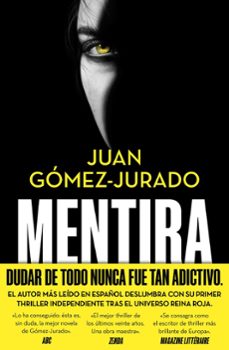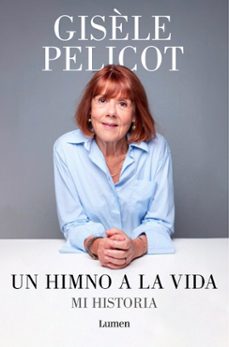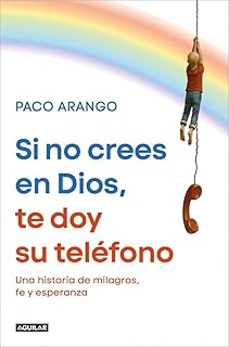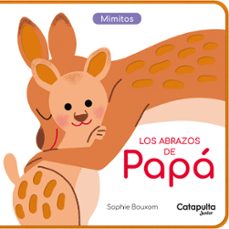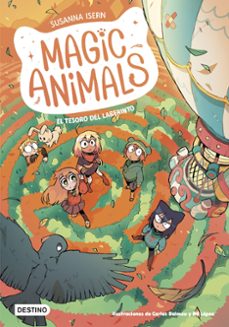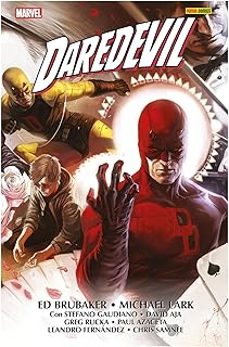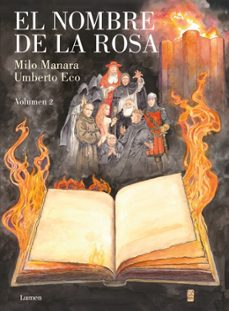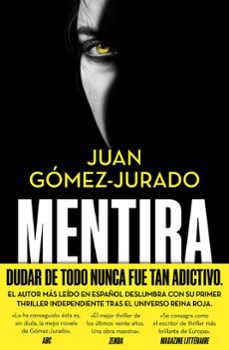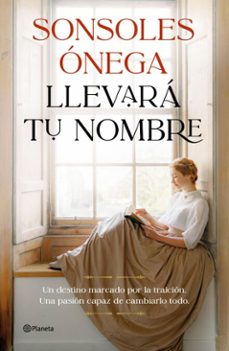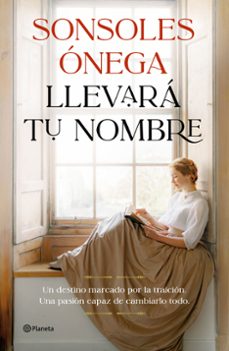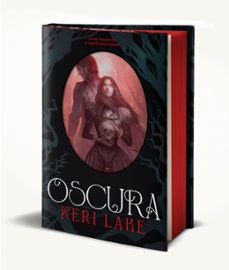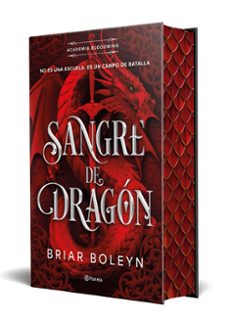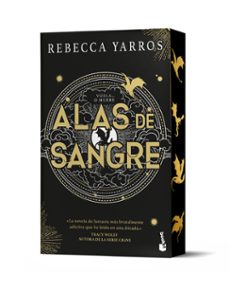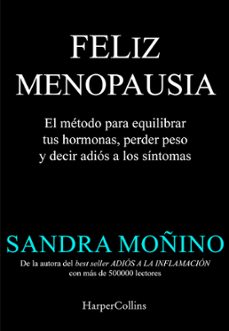📗 Libro en inglés IGNORANCE : A GLOBAL HISTORY
YALE UNIVERSITY PRESS- 9780300265958
Sinopsis de IGNORANCE : A GLOBAL HISTORY
A rich, wide-ranging history of ignorance in all its forms, from antiquity to the present day
“Ignorance: A Global History explores the myriad ways in which ‘not-knowing’ affects our lives, sometimes for good, sometimes for ill.”―Michael Dirda, Washington Post
Throughout history, every age has thought of itself as more knowledgeable than the last. Renaissance humanists viewed the Middle Ages as an era of darkness, Enlightenment thinkers tried to sweep superstition away with reason, the modern welfare state sought to slay the “giant” of ignorance, and in today’s hyperconnected world seemingly limitless information is available on demand. But what about the knowledge lost over the centuries? Are we really any less ignorant than our ancestors?
In this highly original account, Peter Burke examines the long history of humanity’s ignorance across religion and science, war and politics, business and catastrophes. Burke reveals remarkable stories of the many forms of ignorance―genuine or feigned, conscious and unconscious―from the willful politicians who redrew Europe’s borders in 1919 to the politics of whistleblowing and climate change denial. The result is a lively exploration of human knowledge across the ages, and the importance of recognizing its limits.
Ficha técnica
Editorial: Yale University Press
ISBN: 9780300265958
Idioma: Inglés
Número de páginas: 256
Tiempo de lectura:
5h 15m
Encuadernación: Tapa dura
Fecha de lanzamiento: 24/01/2023
Año de edición: 2023
Especificaciones del producto
Escrito por Peter Burke
Peter Burke es un historiador y académico británico especializado en la historia social y cultural en todo su espectro, pero concretamente en la de la primera Edad Moderna en Europa. Se le reconoce por ser uno de los grandes renovadores de la historiografía gracias a su interdisciplinaridad, ya que propicia la mediación entre la historia, la sociología y la antropología. Educado por jesuitas, estudió en Oxford, donde se doctoró y fue profesor de Historia Cultural en la Universidad de Cambridge (de la que actualmente es profesor emérito), así como miembro del Emmanuel College hasta su jubilación. Es miembro de la Academia Británica y de la Academia Europea, es doctor honoris causa por las Universidades de Lund, Copenhague y Bucarest y en 1998 recibió la Medalla Erasmus de la Academia Europea. Es autor de numerosos artículos críticos y sus libros han sido traducidos a más de treinta idiomas.
Descubre más sobre Peter Burke Recibe novedades de Peter Burke directamente en tu email
Opiniones sobre IGNORANCE : A GLOBAL HISTORY
¡Sólo por opinar entras en el sorteo mensual de tres tarjetas regalo valoradas en 20€*!


